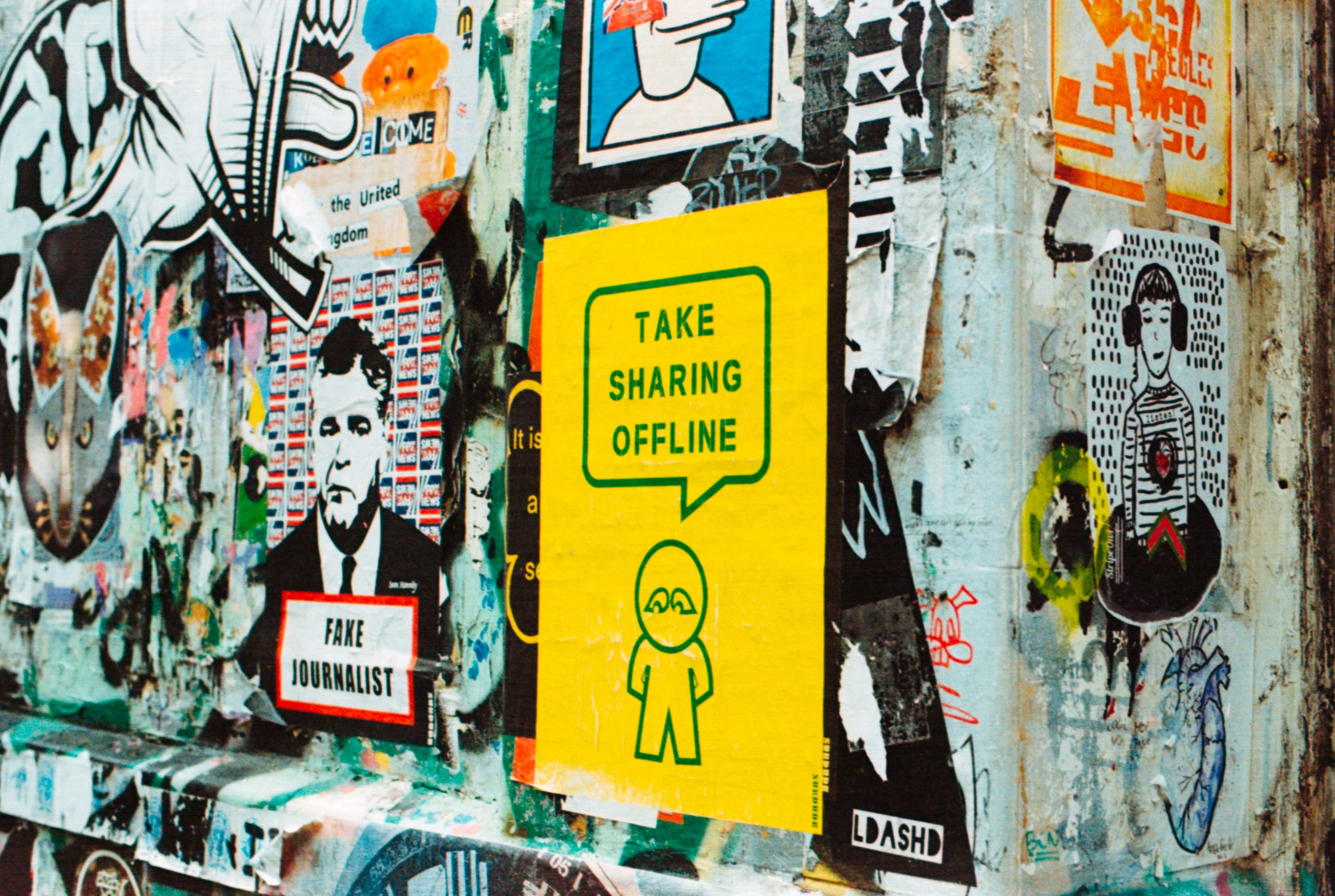Social media has undoubtedly become an integral part of daily life for a lot of us. So much so that whole career prospects have been built around the management and maintenance of specific social platforms. But as more people opt-in and spend countless hours perfecting their Instagram feeds or crafting funny and relatable TikToks, some choose to just opt out of the online community entirely.
With the explosive growth of social media users (approximately 3.96 billion worldwide), the rapid digitalization of businesses/products, and the rise of internet influencers, a life without an active online presence seems almost impossible. We need social media for so many different things, as it is a phenomenon that bleeds into most (if not all) avenues of our lives. On top of that, it comes in a variety of distinct flavors, so most are likely to find a platform that suits their tastes. But then why do some choose not to indulge themselves in this delicious spread of personal choice and primo meme content? And is it a red flag if one simply has no social media at all?
#1 No face, no case?
Social media has become a great way for us to connect with interesting new people online, create friendships in spaces that embrace our interests, post fun content, and share our innermost thoughts. But it is easy to grow accustomed to the at times frightening reach of social media. And with loneliness and stress on the rise following the COVID-19 pandemic, oversharing is now a widespread issue. Letting our guard down online may compromise our safety in more ways than one, so many social media absentees refrain from using certain, or all, platforms to maintain their sense of privacy.
#2 Out of sight, out of mind
Though most of us may genuinely enjoy keeping up with the hottest new TikTok or Instagram trends, it is not for everyone. It has become an expectation to be aware of the various dealings on the internet, to understand obscure references to specific Twitter memes. But some people see no issue with being out of the loop. They like it that way. Sure, for a great number of us it is quite uncomfortable when a current joke just whooshes past our head, but that’s most likely from FOMO (fear of missing out), as opposed to genuine interest. Some quit social media to focus on things that interest them, thus skirting the often compulsory nature of internet culture.
#3 The Importance of Attachment
Social media has fostered a strange obsession with numbers in long-time users; the number of followers, the number of friends, the number of likes and reposts… such things now hold immense power as they are tools utilized to either prove or disprove the worth of the life we lead online. Even if these numbers hold no real importance in terms of attachment. Sure, having X number of friends on Facebook is cool, but how many of these people do we think of as more than just a momentary ego boost? Reevaluating the role social media plays in our life as well as the uselessness of such number games may lead you to quit it altogether.
Red Flag or Personal Choice?
There are endless reasons for people to want to refrain from participating in the rather ubiquitous phenomenon that is social media, whether it’s from sheer disinterest, straight-up contrarianism, or a desire for privacy unfitting of the revealing nature of the internet. Yet due to the extensive use of social media, we still seem surprised when we encounter someone unfazed by its versatility and addictiveness. I’ve had friends refer to potential partners’ utter lack of an online presence as a red flag, a take that I don’t exactly agree with myself. It’s a deviation from the millennial overuse of social media, of course, but nothing about it is inherently suspicious. Rather, it reminds us that the same way we utilize social media platforms according to necessity and personal taste, forgoing social matter completely is a similar matter. Not everyone wants to participate, and that too is okay.


